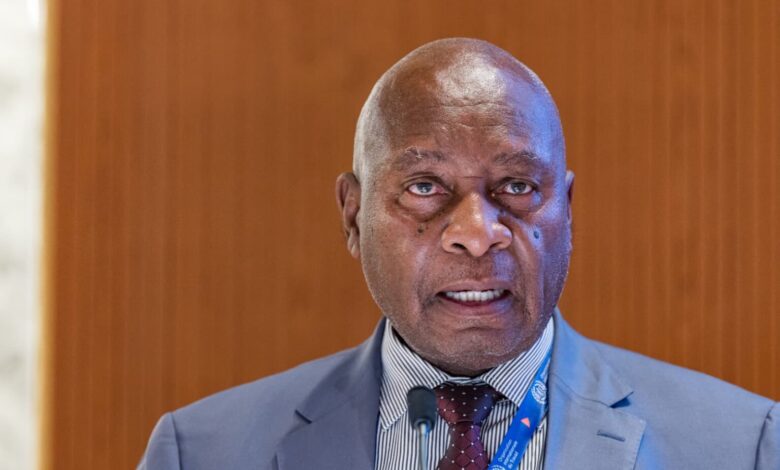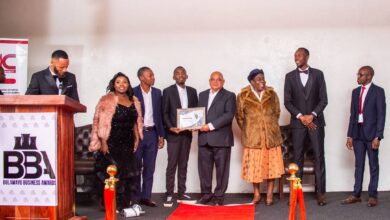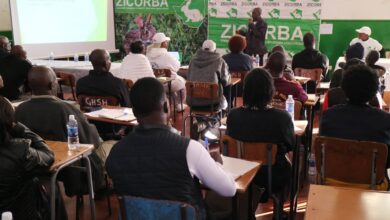Zimbabwe Takes Centre Stage at 113th International Labour Conference in Geneva

Zimbabwe has officially assumed the presidency of the 113th session of the International Labour Conference (ILC), currently underway in Geneva, Switzerland. The global event, which brings together governments, employers, and workers from around the world, was formally opened by Zimbabwe’s Minister of Public Service, Labour and Social Welfare, Edgar Moyo.
Taking place at the historic Palais des Nations, the two-week conference is addressing some of the most pressing challenges in the world of work today, including the growth of the informal economy, youth unemployment, and the impact of rapidly advancing technologies on employment and labour rights.
In his opening address, Minister Moyo expressed Zimbabwe’s deep appreciation for the confidence shown by fellow member states in endorsing the country’s leadership of the session.
“Zimbabwe is honoured to assume the presidency of the conference, and I wish to assure you of my commitment and dedication to ensuring that the conference will achieve all its objectives,” he said.
The conference’s agenda includes two key standard-setting discussions. One will focus on the prevention of biological hazards in the workplace, continuing from previous sessions, while the other will explore regulatory approaches to the evolving platform economy—a sector that has significantly reshaped modern labour structures.
Minister Moyo underlined the global relevance of these topics, noting that the committees’ work should lead to practical recommendations and policy instruments that can be adopted globally, while remaining adaptable to regional needs.
“They should culminate in the recommendation to the plenary of instruments that can be universally applied, taking into account the regional differences while upholding fair, just and inclusive standards for all workers and employers of the world,” he stated.
The conference will also review reports from the International Labour Organization (ILO) Governing Body and the Director-General. These reports provide valuable insights into global labour trends, the application of international labour standards, and strategic plans for worker protection and socio-economic development.
A key item on the agenda is the approval of the proposed ILO budget for the 2026–2027 biennium, which will guide the organisation’s activities and priorities over the next two years.
Minister Moyo called on all delegates to engage constructively, regardless of differing national perspectives, for the shared goal of improving global labour conditions.
“While we will differ in our respective views in the work before us, may we remain united with the resolve to see the success of this conference, which will positively impact the global labour market,” he said.
Zimbabwe’s presidency of the ILC marks a significant milestone for the nation, reflecting its growing role in global labour affairs and its commitment to fostering inclusive, forward-looking dialogue on work in the 21st century.




